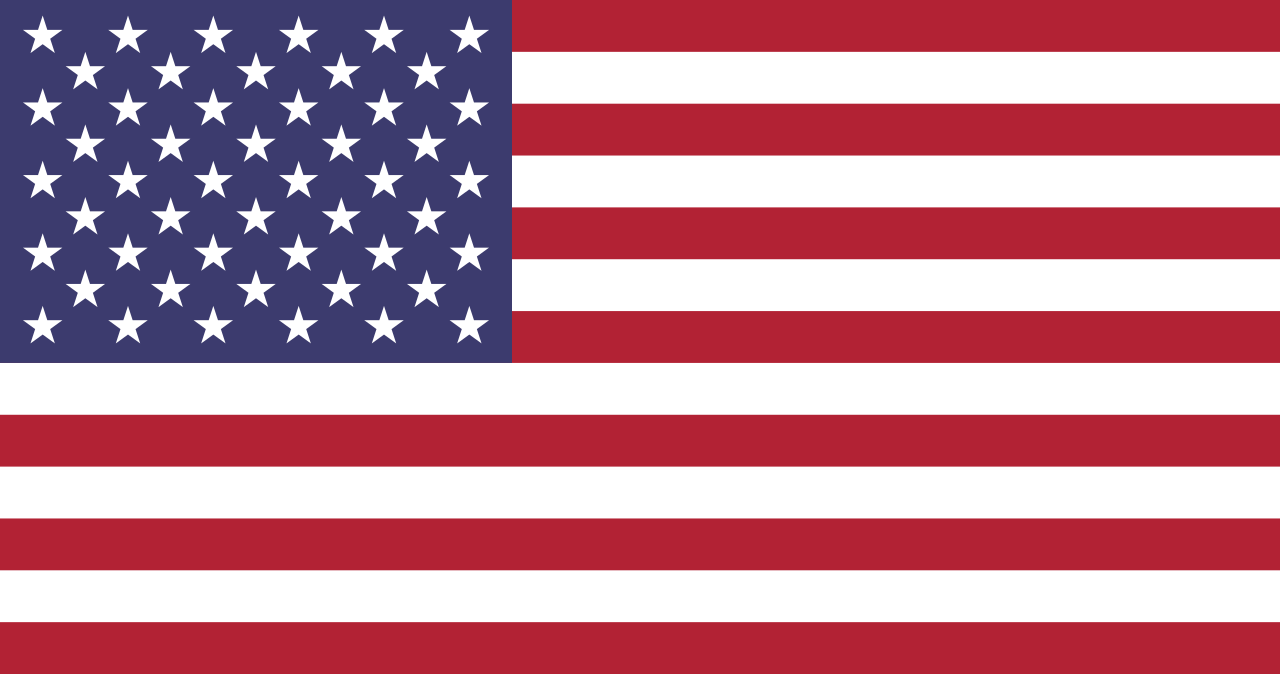April 1865 by Jay Winik
I recently purchased a big, beautiful, hardcover book called 1,000 Books to Read Before You Die by James Mustich. It’s filled with sophisticated recommendations from every imaginable genre and period, and curiously also includes this book by Jay Winik.
I say that with a bit of a surprised air not because Winik isn’t a respected writer and thinker (more on him in a sec), but because when consulting indices of the most well-regarded and popular Civil War historical writing, April 1865 doesn’t appear on many lists. After reading it though, I would submit that it absolutely should. It’s a wonderful book.
Jay Winik is an interesting guy. He’s a Yale grad, and according to Wikipedia, he then went on to “a brief career in the U.S. government's foreign policy, involving civil wars around the globe, from the former Yugoslavia to El Salvador, Nicaragua, and Cambodia, including helping to create the United Nations plan to end the Cambodian Civil War.”
He’s advised presidents, supreme court justices, senators and countless U.S. government officials, but in 1991 he decided he wanted to write history full time. He’s also a regular presence on all the major news networks as well as C-SPAN and NPR.
Winik considers himself a ‘public historian’, which he defines thusly:
I am writing for the American people, whereas many historians and academic historians write about much narrower subjects. I love writing for the American people. My fans range from the Bush’s, Bill Clinton, Mitch McConnell, to Antonin Scalia. And as Tom Hanks even said, he’s my biggest fan. When I write, I try to write about big events, and not for an agenda.
April 1865 certainly fits this bill. When the Friends of the Lincoln Collection asked him why he wrote the book, he replied:
I was trying to find something that I thought would be fresh, would be exciting, would have a pounding narrative, and would really change the way people look at things. What really struck me about April 1865 is that you had this dramatic surrender at Appomattox, this moving surrender at Appomattox, yet it was not a surrender of the entirety of the Confederate Army, and then five days later, Abraham Lincoln was dead. I thought that’s the story that we don’t hear enough about, and that’s the story that needs to be told. That in the end is what prompted me to undertake the lofty challenge of making sense of what would become April 1865. One thing I would add is that the readers obviously agreed with me.
The book is part history, part analysis, and is filled with compelling character studies of not only the primary actors in this drama: Lee, Grant, Lincoln, Sherman, but also supporting players such as Nathan Bedford Forrest and John Wilkes Booth.
Right off the bat, Winik starts with an interesting premise that Southern secession should not have been particularly shocking. In fact, Americans were always threatening to leave the union over something or other. Even the pilgrims were secessionists, “coming to Plymouth only after their failed effort to extrude themselves from England in the Netherlands.” In the following years, there were secessionist threats from New England, California, New York, Oregon, even the Mormons in Utah fought numerous bloody skirmishes as they sought their freedom.
Of course, I had read about nearly all of these events before, but Winik crystallizes them into his analysis in a way that I hadn’t previously considered, and that’s what he does so well throughout this book. It really was the perfect thing to sum up my Civil War readings.
He’s also an absolutely terrific writer. His passages on Lee’s surrender at Appomattox Court House and Sherman’s dealing with Johnston afterwards are beautifully told. He’s also funny. I loved his description of Andrew Johnson’s appearance at Lincoln’s second inaugural:
Johnson, who had had one too many whiskeys that morning, plunged into a long, rambling, incoherent discourse, shouting about his humble origins and lecturing the assembled dignitaries from the Supreme Court and the diplomatic corps (“With all your fine feathers and gew-gaws”) that they were merely “creatures of the people.” Then, as he took his oath, Johnson visibly and audibly slobbered upon the Bible. The attorney general was so appalled that he muttered in disgust, “This man is deranged.” Lincoln was also dismayed, promptly ordering a parade marshal, “Do not let Johnson speak outside!”
Winik also, being a public historian, allowed himself the freedom to use contemporary and ancient examples to provide a better understanding of historical events. He writes illuminatingly of long and recently past sieges, guerilla struggles, assassinations and forced marches. I found these moments to be refreshing, as if the events were being explained by a learned friend rather than a textbook.
But the book’s greatest feature, and why I loved it so much, was Winik’s ability to lay out just how pivotal the small decisions made by individuals during that critical month really were. Lee’s refusal to retreat into the hills and wage a guerilla war against the Union, Johnston’s refusal to heed his orders to keep fighting from Davis, Lincoln’s commitment not to allow retribution and revenge to define the post-war era, these brave choices allowed America to move on from the bitterness of the four year conflict and finally start to become the united nation it hadn’t been in the past.
April 1865 is a fascinating, page-turning, deeply patriotic book. After reading it, I now see why Mustich included it in his essential 1,000 books. Winik truly makes the case that April 1865 was a critical and defining month in the history of the nation.

